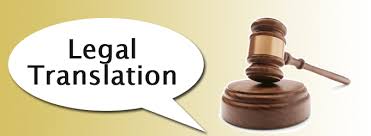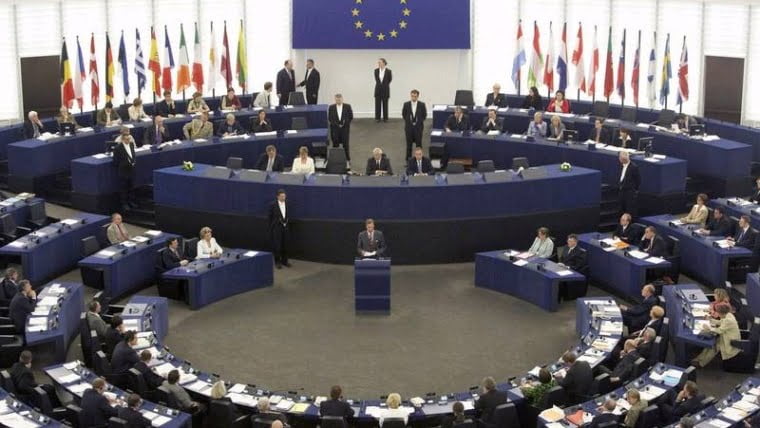
Global marketing and international trade exposes more businesses to the importance of legal translation and localisation. Company and brand information, contracts, patents and copyrights are just some of the legal and official documents that require translation. You need to make sure that you are entrusting your legal translation to a service provider with expert knowledge in the subject matter and specific area of law, for even a slight error in a translation could, amongst other things, be very costly.
Identify your document type
Legal translation is never straightforward, even the translation of end user licence agreements (EULAs) takes legal expertise. You have to know the type of document that needs translation and the purpose of the translation. You also have to determine if the document is legally binding such as a contract, and where the document is to be used. This will enable you to find the translator with the right skills for the required translation.
Find the right expertise
It takes a combination of skills when undertaking a legal translation. Aside from cultural and linguistic knowledge, a legal translator must have knowledge of the legal language, concepts and systems of both the source and target languages. Mistranslation is to be avoided at all cost. Likewise, the translator must be an expert legal translator with wide experience as there are many variants in the legal system that need to be phrased carefully as they cannot simply be translated literally.
Look into the specific area of practice
There are several areas of specialisation involved in legal translation. The legal domain covers so many subject areas including taxation, real estate, litigation, private equity, intellectual property, insurance, employment and benefits, mergers and acquisitions, and banking and finance. For any one of these fields, the translator or language service provider you choose must be completely knowledgeable in the relevant field.
Need for in-country expertise
Every country has its own set of laws, regulations, unique legal system and legalese. We are often asked at Business Language Services to translate documents into Spanish. As there are 21 countries in the world that speak Spanish, it is not sufficient just to ask a linguist from Spain to translate a legal document from Argentina, for example. It is essential that the translator and reviewer, who would ideally be based in the country for which the document is intended, are native linguists of the Spanish variant, as well as the legal system therein. and full knowledge of its legal system.
Make sure that you find the right legal translator to perform the specific legal translation that you require, so as to avoid unnecessary mistakes or mistranslations. Legal errors could be very expensive to rectify, if possible at all.

